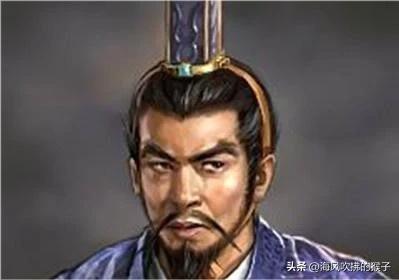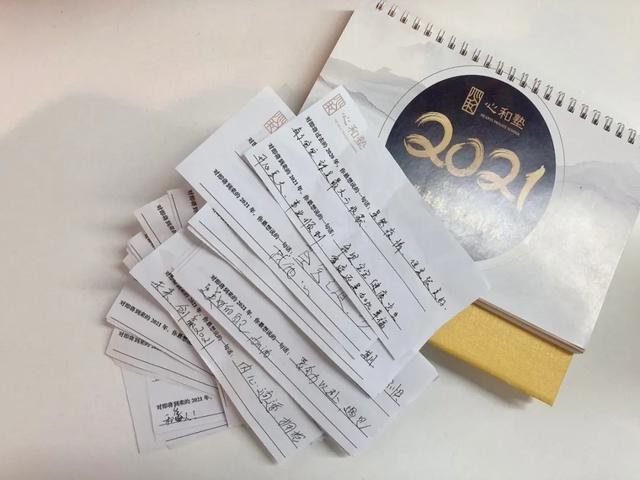情态动词只表示推测吗(情态动词的推测性用法)
大多数情态动词都有推测性用法,情态动词的推测性用法按语气可分为肯定推测,否定推测,以及介于肯定与否定之间的可能性推测,下面我们就来说一说关于情态动词只表示推测吗?我们一起去了解并探讨一下这个问题吧!

情态动词只表示推测吗
大多数情态动词都有推测性用法,情态动词的推测性用法按语气可分为肯定推测,否定推测,以及介于肯定与否定之间的可能性推测。
1.肯定性推测:肯定性推测用情态动词must ,对现在事物的推测用must do /be/ be doing;对过去事物的推测用must have done/must have been\must have been doing。 例如:
Harry is feeling uncomfortable. He must have drunk too much at the party last night.
Since nobody gave him any help, he must have done the research on his own.
2.否定性推测:否定性推测用情态动词 can’t,对现在事物的否定推测用can’t be/ do/ be doing;对过去事物的推测用can’t have done/ have been\can't have been doing。例如:
Is the long-haired man Bruce?No, it can't be him. He’s in New York now.
Is the man over there Mr. Brown? It can't be him. He has gone to Brazil to watch the World Cup.
Mr. Smith can't have gone to Beijing, for I saw him in the library just now.
3.情态动词表示可能性情态动词可能性大小及语气的强弱与委婉,一般情态动词的过去式形式比其现在式可能性要小,语气更为委婉,我们可以按可能性从大到小,语气由强到弱的顺序给情态动词排序依次为:have to, must, ought to, should,need, will, would, can, could, may,might。例如:
I don’t really like James. Why did you invite him?Don’t worry. He might not come. He said he wasn’t certain what his plans were.
,免责声明:本文仅代表文章作者的个人观点,与本站无关。其原创性、真实性以及文中陈述文字和内容未经本站证实,对本文以及其中全部或者部分内容文字的真实性、完整性和原创性本站不作任何保证或承诺,请读者仅作参考,并自行核实相关内容。文章投诉邮箱:anhduc.ph@yahoo.com






